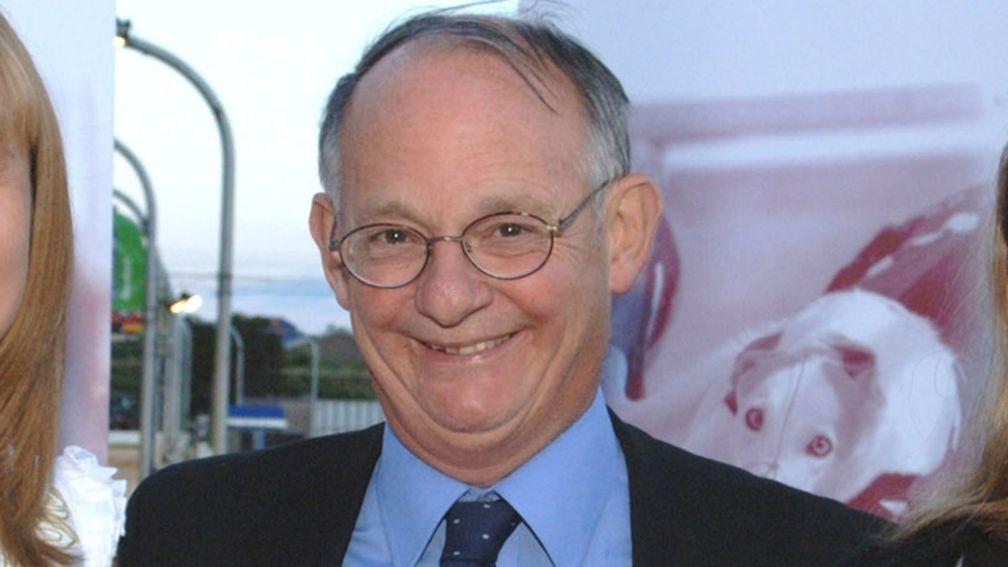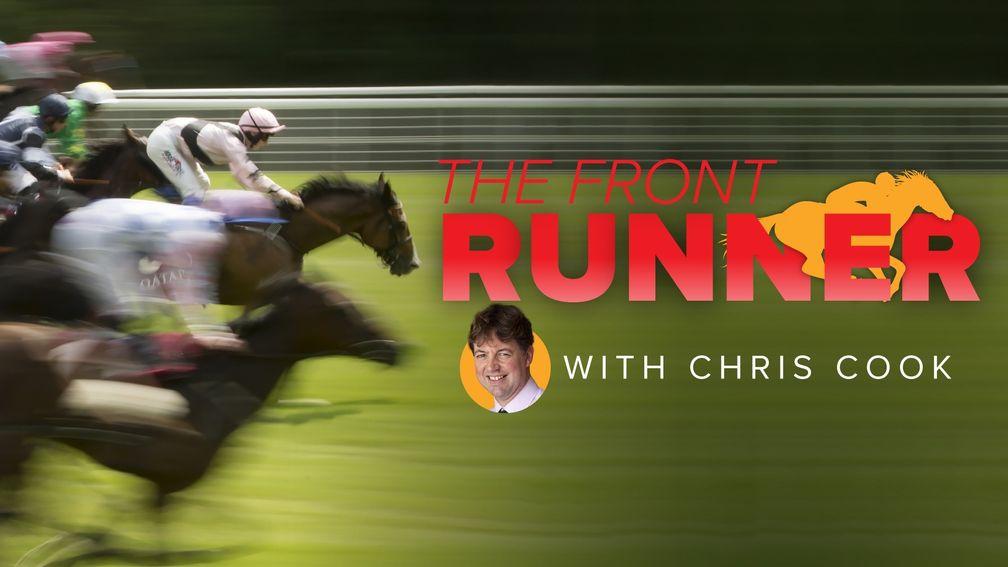Intrusive affordability checks would be a disaster - but proponents don't get it

The subject of horseracing came up for discussion both in Westminster and the Welsh parliament last week and there was a lot that was nice to hear from the sport's perspective.
In the Senedd, the deputy minister for arts and sport Dawn Bowden said there was "no doubt at all that the horseracing industry contributes significantly to the Welsh economy and provides employment across many different areas", and described the Coral Welsh Grand National at Chepstow as "amongst the jewels in the crown of sporting activities in Wales".
Meanwhile, in the House of Lords Grand Committee, government minister Lord Parkinson of Whitley Bay told peers the government "remain committed to supporting British horseracing and related businesses, which are vital to the lifeblood of the rural economy, as well as a source of great pleasure to many people".
His comment that a reform of the levy system so that British racing would benefit from money bet on racing overseas, as is the case in some other jurisdictions, merited "careful consideration" will have been especially welcomed at the BHA.
It may not have been quite as welcome at various bookmakers, and Parkinson's request that racing "engage and work closely with betting partners in its thinking on the levy" might provoke a more difficult conversation than the one the minister perhaps envisages.
British racing's financial position was also highlighted in both Westminster and Cardiff, with Llyr Gruffydd MS, who led the Senedd debate, saying that "racing across Britain faces increasing challenges in achieving competitive levels of prize-money".
He argued that the government's requirement to review the levy no later than 2024 provided a "critical opportunity" for the imbalance in prize-money to be rectified.
Lord Risby, who had secured the Lords debate, is a government-appointed member of the Levy Board and felt unable to go into the system's reform. However, he also told peers that British racing "faces gaping challenges in achieving competitive levels of prize-money".
It was Lord Lipsey who pointed to the elephant in the room, the ongoing gambling review and its potential effects, and who advised that levy reform was not progressed before the government's plans were known.

There were calls for any action taken by the government, which might include the official introduction of affordability checks for punters, to be proportionate – at which point we reach Lord Foster of Bath's contribution to the debate.
The former Liberal Democrat MP, one of the leading campaigners for gambling reform in parliament, admitted he was no expert on horseracing but, among other comments, chose to make the case for affordability checks which racing's leadership has said are already having a financial effect on the sport and could potentially wipe tens of millions from its income.
Foster sought to play down fears that such checks would have the impact critics believed, but his reasoning would not have provided much reassurance.
He had told peers that articles in the specialist media had described him as "ignorant", "economically daft" and "delusional".
Such descriptions would be unkind but, when it comes to the economics of British racing, Foster's comments would suggest there are some significant gaps in his knowledge.
He claimed the impact of affordability proposals on horseracing would be limited because they are targeted at "online gambling".
"No checks would take place at a racecourse under the proposals, so traditional gambling at the racetrack would not be affected," he added.
Important as racecourse bookmakers are to a day at the track, their contribution to British racing's overall income is a relative drop in the ocean.
When the government made its reforms to the levy in 2017, the number of course bookmakers who would end up contributing to the levy could be counted on one hand.
In contrast, when those levy reforms started to capture income from online bookmakers based overseas they pretty much doubled the levy yield to more than £90 million, and that does not take into account media rights income.
His assertion that affordability checks triggered by a monthly loss of as little as £100 would affect "those who are likely to be suffering or at risk of suffering a gambling disorder" is also something of a leap, while his claim that "it is perfectly possible to do the checks in an unintrusive manner" would be welcome in an ideal world, but perhaps he should speak to the Gambling Commission.
In the continued absence of the government's white paper the industry regulator has filled the vacuum and has been telling operators to ask punters for personal information such as bank statements and tax returns. Bookmakers say the vast majority of those asked have refused to provide such information.
To compound the problem the commission has not told operators the level at which they should trigger checks, merely informing them where they have gone wrong, the upshot being that bookmakers apply the precautionary principle for fear of regulatory action.
Foster said he wanted horseracing to flourish, and there is no reason to disbelieve him. He assured peers that campaigners' proposals to break the link between sport and gambling advertising would not extend to horseracing or greyhound racing.
Foster even said that action should be taken over the use of drones to film races without permission for betting purposes. However, when it comes to proposals around intrusive affordability checks, those who advocate them need to be aware of the consequences of those actions.
Have you been affected by intrusive affordability checks? If so, we would like to hear from you. Email us (editor@racingpost.com) with the subject 'Affordability checks' to share your experiences and contact details
Read this next:
Poll: two-thirds of punters voice black market fears over spending limits

The Front Runner is our latest email newsletter available exclusively to Members' Club Ultimate subscribers. Chris Cook, a four-time Racing Reporter of the Year award winner, provides his take on the day's biggest stories and tips for the upcoming racing every morning from Monday to Friday. Not a Members' Club Ultimate subscriber? Click here to join today and also receive our Ultimate Daily emails plus our full range of fantastic website and newspaper content
Published on 22 November 2022inComment
Last updated 11:35, 23 November 2022
- The whole shape of the Irish Flat season is being defined by one man only - and even his main targets lie elsewhere
- Analysis: Flutter and 888 have enjoyed contrasting fortunes but they still have things in common
- Only a baby step but an important one if racing is to keep some of its David v Goliath moments
- There are so many great betting opportunities on Saturday - here are my best bets including a very strong Curragh fancy
- Coolmore and Godolphin spare the sport some embarrassment - and not for the first time
- The whole shape of the Irish Flat season is being defined by one man only - and even his main targets lie elsewhere
- Analysis: Flutter and 888 have enjoyed contrasting fortunes but they still have things in common
- Only a baby step but an important one if racing is to keep some of its David v Goliath moments
- There are so many great betting opportunities on Saturday - here are my best bets including a very strong Curragh fancy
- Coolmore and Godolphin spare the sport some embarrassment - and not for the first time